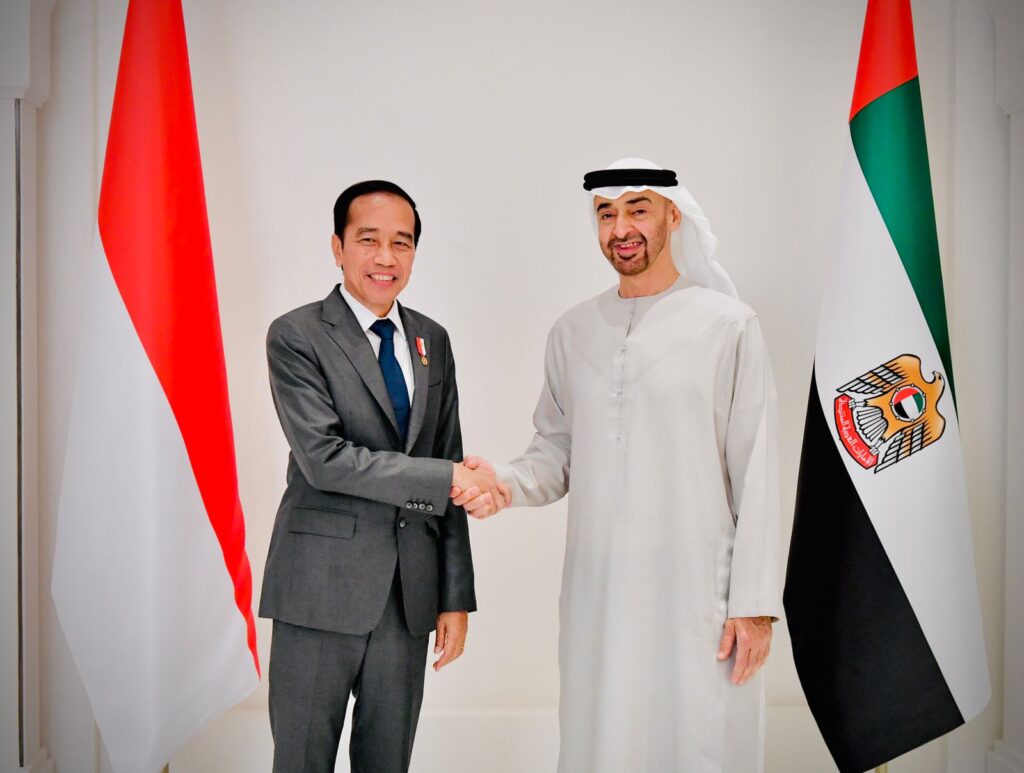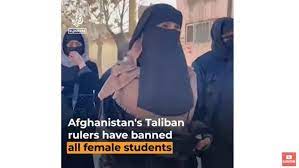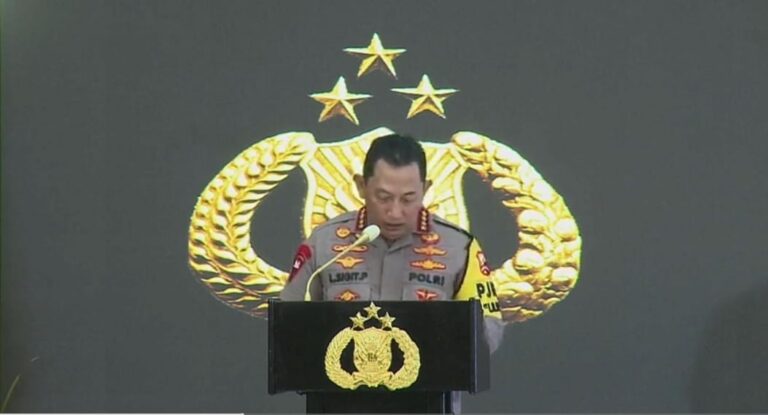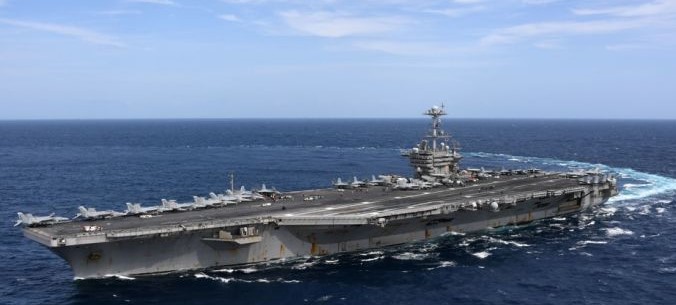
STRATEGIC ASSESSMENT. Post-U.S. election visits to the Persian Gulf by Secretary of State Mike Pompeo and senior White House advisor Jared Kushner appear to have made substantial progress toward a partial resolution of a rift in the Gulf Cooperation Council (GCC) that began in June 2017. Within the GCC—which includes Saudi Arabia, Kuwait, UAE, Bahrain, Qatar, and Oman—Saudi Arabia, the UAE, and Bahrain, joined by Egypt, broke relations with Qatar and denied it use of their airspace and land crossings. These states demanded, as conditions for ending their blockade, that Qatar distance itself from Iran and Turkey and break contact with Islamist movements, including affiliates of the Muslim Brotherhood. Saudi and UAE leadership, respectively, asserted that Qatar’s ties to regional Islamist movements amounted to support for ‘terrorism’ and destabilizing existing regional leaders. The blockading states strongly supported the Trump administration’s abandonment of the Obama administration’s multilateral nuclear agreement with Iran in favor of a maximum pressure strategy against the Islamic Republic. Qatar, as well as Oman and Kuwait, instead favor consistent engagement with Iran, while at the same time maintaining close defense cooperation with the United States.
The Trump administration assessed that the intra-GCC dispute hindered U.S. efforts to forge a cohesive regional coalition against Iran; however, U.S. mediation efforts consistently faltered, largely over UAE insistence that Qatar meet all the blockading states’ demands. The imminent transfer of power to President Biden appears to have set conditions for a softening of the Saudi position, if not necessarily the Emirati hard line. President-elect Biden and his key foreign policy nominees have been critical of Saudi Arabia and the UAE for their intervention in Yemen and for human rights abuses, such as the Saudi killing of dissident Jamal Khashoggi in Turkey in 2018. In order to set the stage for a productive relationship with the incoming U.S. administration, Saudi de-facto leader Prince Mohammad bin Salman seeks to appear conciliatory and cooperative. In late November and early December, the Saudi leadership has indicated to visiting Secretary of State Pompeo and Trump son-in-law, Jared Kushner, that the Kingdom might be willing to take initial steps to resolve the Qatar rift. The outlines of an agreement appear to provide for reopening the use of Saudi airspace for flights to and from Qatar, at least as a first step. That agreement, while a significant stride, would not restore full Saudi-Qatar diplomatic relations or land crossings.
There are no indications that the UAE will immediately join a Saudi-Qatar accord on air space. UAE leaders have apparently not been part of the U.S.-Saudi-Qatar talks on such a first step. At the Trump administration’s behest, the UAE forged formal diplomatic relations with Israel in September. The UAE has not come under the same degree of public criticism for human rights practices as has MBS, and UAE ground forces left the main Yemen front in 2019. The Emiratis are clearly under less pressure to concede to Qatar, or to take other conciliatory steps, than is MBS.
The last-minute Trump administration scramble to resolve the GCC rift represents an effort by the administration to reinforce its maximum pressure approach on Iran against an intended Biden administration reversal. In the near term, reopening Saudi airspace to Qatar would deny Iran approximately $100 million in overflight fees that Qatar has had to pay Iran to route flights over its airspace. Strategically, a reunified GCC would strengthen the GCC insistence that its members be consulted on any efforts by the Biden administration to rejoin the 2015 Iran nuclear accord. The GCC states want the United States to demand, as a condition of re-entering the nuclear deal, that Iran end its transfer of ballistic missiles to its regional proxies. Iran’s allies have used these weapons to significant effect against some of the GCC countries, particularly Saudi Arabia. Still, the apparent lack of UAE support for even a partial resolution of the GCC rift will limit the positive effects of any Saudi-Qatar agreement and could set the stage for a full relapse of the dispute in subsequent years (TSC).







